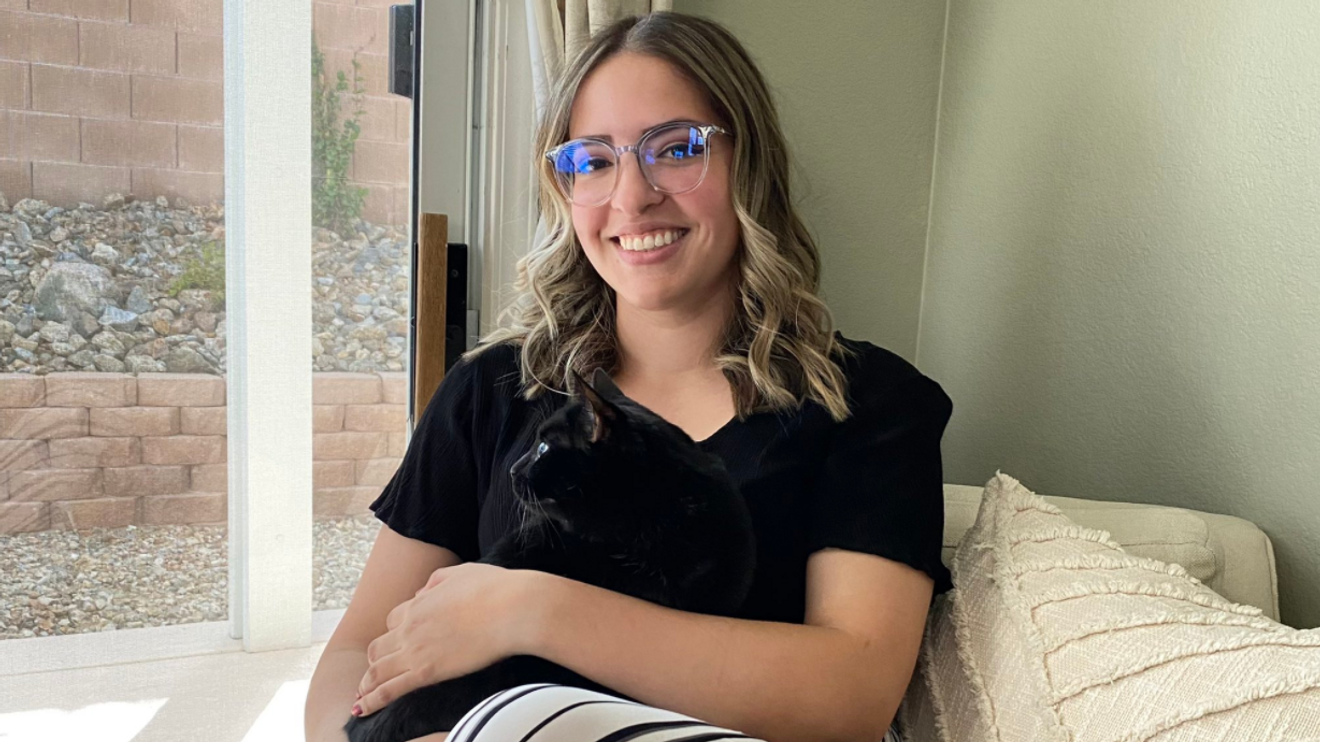Thomas Jepsen, founder of Passion Plans, a company that helps connect home buyers with architects and designers, is among the cohort of employers that are allowing employees to return to the office voluntarily.
Now that people know they can work from home and have settled into a routine of working in their sweats and catching up with colleagues on Zoom ZM, -1.94% without the hassle of a daily commute, he knew he had to sweeten the deal to entice them back to the offices in Cary, N.C., just outside of Raleigh.
He’s offering to pay up to $1,500 for a weekend getaway to a wellness spa for the employees who are working voluntarily from the office. So far three employees have booked their stays at spas.
“ ‘I wanted to give them the opportunity to experience something that I have found to be very, very rewarding for my own personal mental health.’ ”
“Grubhub GRUB, -0.99% gift cards are nice but I wanted to give them the opportunity to experience something that I have found to be very, very rewarding for my own personal mental health,” he said.
He’s letting up to 13 of the 20 employees come into the office if they’d like to each day. It’s not such an easy sell, however. Thus far, only 3 to 5 workers per week go into the office.
“There’s only so much you can do when you’re not sitting and working together,” he said. “Everything seems to go smoother when we’re together and can work as a team,” Jepsen said.

Thomas Jepsen, pictured, wants employees to come back to the office and is willing to pay for a weekend spa retreat if they come back. Yet, only five of his 20 employees have returned.
Thomas Jepsen
He expects all employees to adhere to social distancing and health protocols, including wearing masks even if they’ve been fully vaccinated. Eventually, if legally permissible, he wants to institute a mandatory COVID vaccine policy for all employees who wish to work in person.
But he also knows it’s important to remain flexible with his employees, who are among the more fortunate American workers who were able to work from home during the coronavirus pandemic.
That flexibility starts at home. When MarketWatch spoke with him, he was working from home because his son wasn’t feeling well.
In addition to all-expense-paid spa weekends, other employers are taking a lead from commercial real-estate tenants, and also dangling eye-catching perks such as reduced hours, free meals, discounted Uber UBER, -1.70% rides and on-site child-care centers for employees who agree to work on-site.
The migration back to in-person, office-based work won’t happen overnight. Two months ago, nearly half (47%) of American employees were working from home either part-time or fully, according to a Harris Poll of more than 2,000 U.S. adults commissioned by job-listing site Glassdoor.
And, the survey suggests, they will need some convincing. Nearly one quarter of employees said they “would consider quitting their job if they were required to return to the office before all employees have been vaccinated.”
Another 17% said they would actually “consider quitting their job if they were required to return to the office 5 days per week” — vaccinations or no vaccinations.
As more Americans get vaccinated, they are booking vacations, dining out and are going back to doing all the activities they would like to do if state restrictions don’t prevent them.
“ Perks tempting people back to the office could end up empowering and emboldening workers to dig their heels in and stay on their home turf. ”
But that new freedom works both ways. Exhaling after a stressful year and feeling more optimistic about hope of a return to some semblance of normality on the horizon, millions of workers have gotten used to their work/home life balance.
Perks tempting people back to the office could end up empowering and emboldening workers to dig their heels in and stay on their home turf, according to David Lewis, CEO of OperationsInc, a human-resource consulting practice.
They might see even the most generous perks in a more cynical light, he said. They could be regarded as akin to telling workers if they risk their life to drive in blizzard conditions to the office “they’ll get free pizza,” Lewis said.
“You have to respect the idea that there are a lot of employees who look at the circumstances and say ‘I don’t feel safe no matter how far away from people I’m sitting,’” said Lewis, whose practice advises more than 1,800 clients from startups to Fortune 100 companies across the country.
“ There are people who feel comfortable going to concerts and sporting event, yet have no desire to return to their offices. ”
Nor is it just about feeling safe. There are also people who feel comfortable going to concerts and sporting events, yet have no desire to return to their offices because they feel they can continue to be just as productive at home, Lewis added.
Indeed, over a third (35%) of U.S. workers would accept a reduction in salary if it meant they could permanently work from home on a full-time basis, according to a survey of 540 people conducted by the Society for Human Resource Management earlier this year.
“A lot of employers who were reluctant to provide telecommuting options at the beginning of the pandemic have found that employees are actually more productive at home than they were at work,” Elissa Jessup, a human resources knowledge advisor at SHRM, told MarketWatch.
Not everyone, however, is being so cautious or offering perks. Jamie Dimon, chairman and Chief Executive Officer of JPMorgan Chase JPM, +1.28% told The Wall Street Journal CEO Council told this week that he hoped to have 50% of U.S.-based employees returning to work in some form by July.
“I’m about to cancel all my Zoom meetings,” he said. “I’m done with it.”

Jennifer Jarquin feels safe working from an office because she’s fully vaccinated, but misses having the option to work from home.
Jennifer Jarquin
“We want people back to work, and my view is that sometime in September/October it will look just like it did before, and everyone is going to be happy with it,” Dimon said. “And, yes, the commute, you know people don’t like commuting, but so what.”
Few major companies are prepared to make such bold, if not provocative, statements. They are, instead, seeing how the rollout of the vaccinations go first, and assess how that affects people’s thinking.
In fact, 27% of companies haven’t yet committed to a specific return-to-work arrangement, a recent survey of 55 human-resources leaders and “return-to-workplace decision makers” found.
Workers may be holding out for the biggest perk of all: a hybrid home/office arrangement. Indeed, hybrid arrangements that mix in-office and remote work are the clear frontrunner for companies so far, according to the survey, conducted by independent media organization Reset Work.
“ Some 63% of companies favor a hybrid home/office model versus 6% of companies that plan to be fully remote. ”
Most companies appear to realize that they will have to offer a compromise. Some 63% of companies favor a hybrid model compared to just 6% of companies that plan to be fully remote, and 4% that plan to return to the office full-time, the survey found.
Not everyone will have a choice. After working from the office 2 days a week and from home for the other 3 days, Jennifer Jarquin, 25, woke up last Monday morning with a mix of anxiety and excitement — the kind she last recalled experiencing on the first day of school every year.
But instead of ripping tags off new school supplies, she buckled her seatbelt and began her drive to work at a civil engineering firm in Las Vegas to once again — to commute 5 days a week.
She is resigned to going back to work full time. Her employer told staff that people could elect to work from home, but they would have to take a pay cut. “It’s fair,” Jarquin said, “and it makes sense from the business perspective.”
There were, alas, no “back-to-the-office” perks for her.










Add Comment